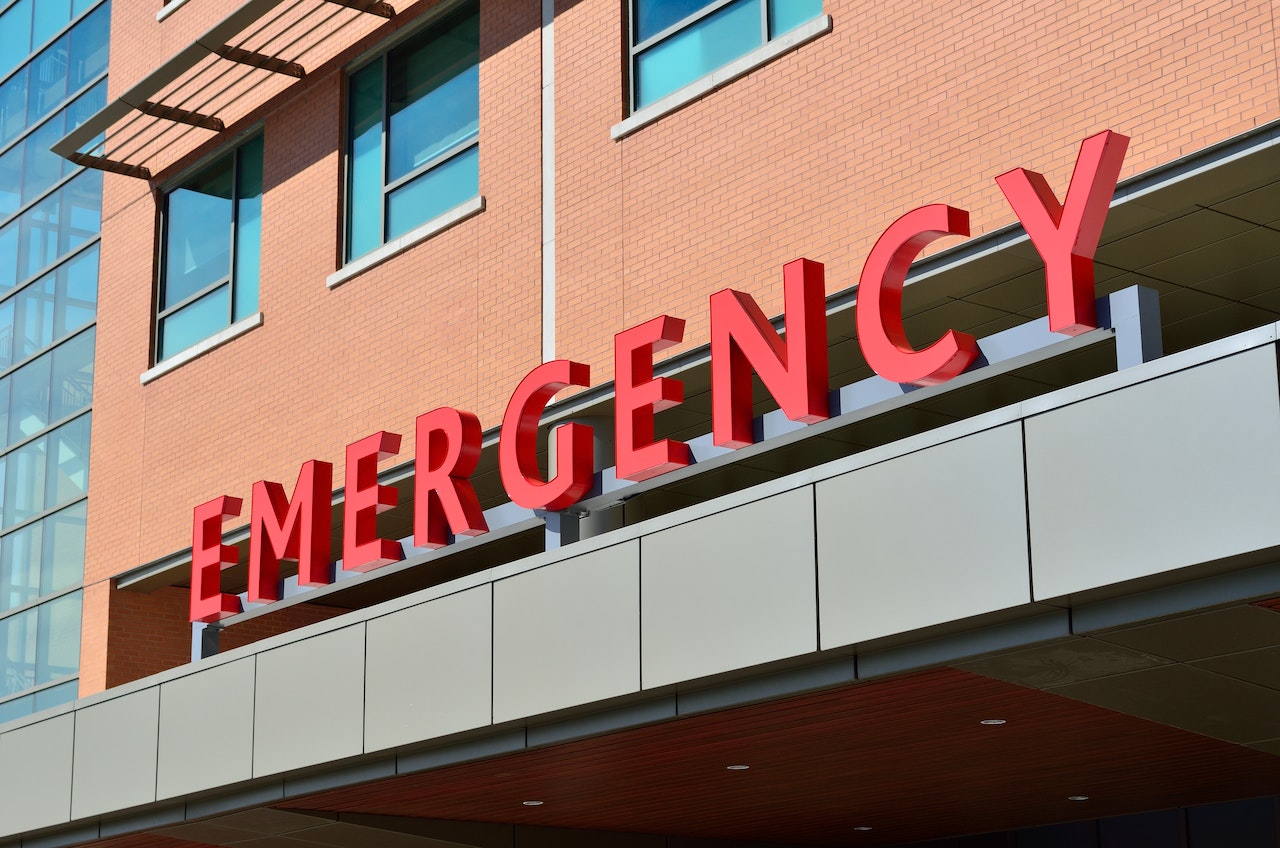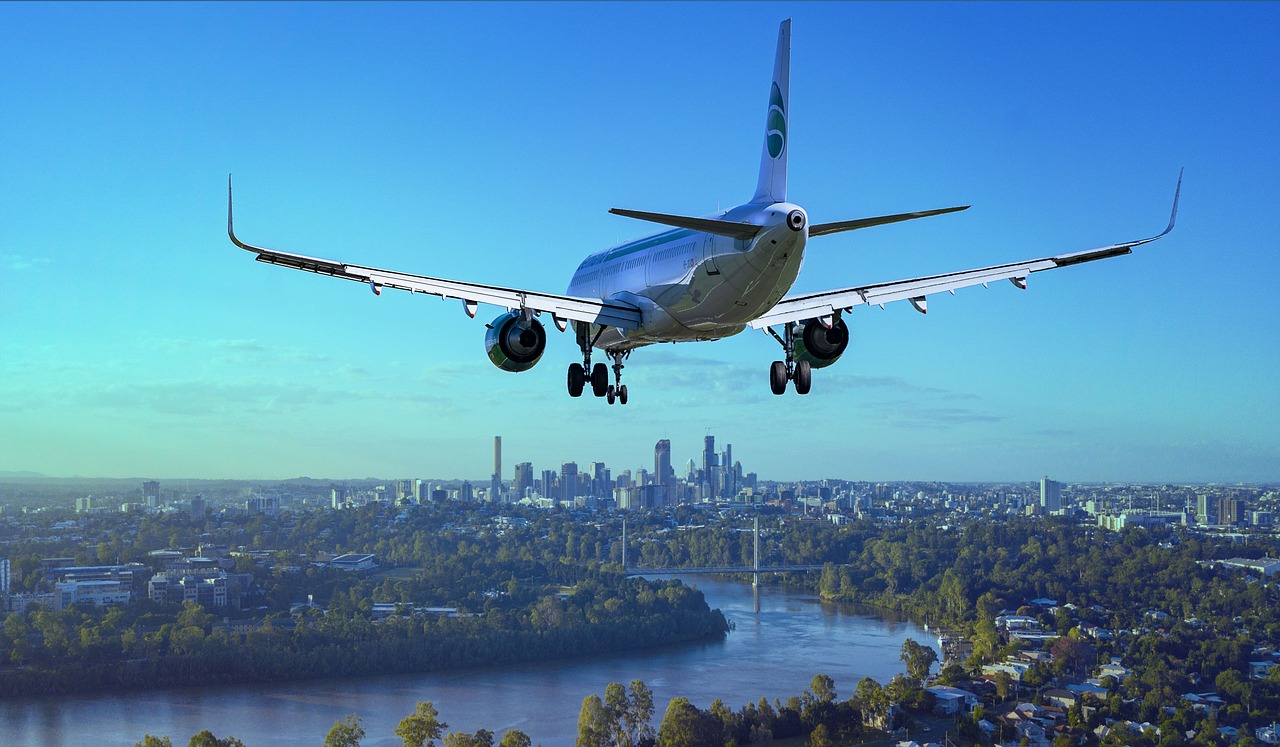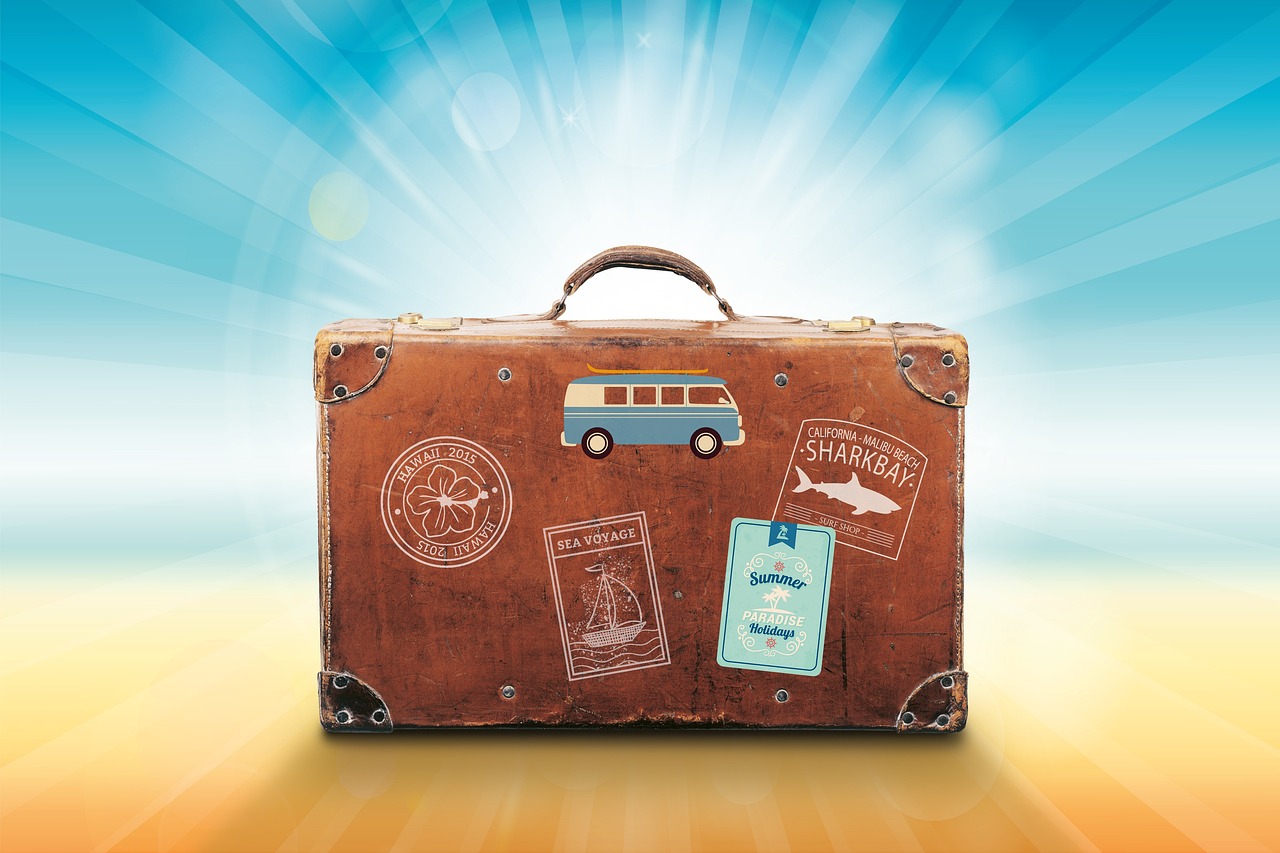Traveling is an exciting and enriching experience, but it’s essential to be prepared for unexpected situations. One of the most critical scenarios that can occur during a trip is a medical emergency. Knowing how to handle such situations is crucial for the well-being of yourself and your fellow travelers. This comprehensive guide will provide you with essential tips and information on what to do if you encounter a medical emergency while traveling.
- Be Prepared Before Your Trip
Before you embark on your journey, it’s essential to take some precautionary measures to be better prepared for any medical emergencies that may arise.
- Purchase Travel Insurance
Travel insurance with medical coverage is a wise investment, as it can cover the costs of medical treatments, hospital stays, and medical evacuation. Ensure that your policy covers pre-existing conditions and any activities you plan to participate in during your trip.
- Pack a First Aid Kit
Carry a well-stocked first aid kit with essential supplies such as band-aids, pain relievers, antiseptic wipes, tweezers, and adhesive tape. Customize your kit based on your destination and any specific health concerns.
- Research Local Medical Facilities
Familiarize yourself with the healthcare system and medical facilities at your destination. Note down the location and contact information of the nearest hospitals and clinics, as well as the local emergency phone number.
- Carry a Medical Information Card
Prepare a medical information card with your name, blood type, allergies, medications, and emergency contact information. This card can be invaluable in case you are unable to communicate during a medical emergency.
- Recognize the Signs of a Medical Emergency
Being able to identify a medical emergency is crucial for ensuring timely intervention. Some common signs of a medical emergency include:
- Difficulty breathing or shortness of breath
- Chest or upper abdominal pain or pressure
- Severe abdominal pain
- Sudden dizziness or weakness
- Uncontrolled bleeding
- Poisoning or exposure to toxic substances
- Seizures lasting longer than five minutes
- Severe burns or injuries
- Severe allergic reactions
- Changes in mental function, such as unresponsiveness or confusion
- Stay Calm and Assess the Situation
If you or someone around you is experiencing a medical emergency, it’s essential to remain calm and focused. Take a deep breath and assess the situation, considering the following questions:
- Is the person responsive?
- Are they breathing?
- Do they have a pulse?
- What is the nature of the injury or illness?
- Call for Help
Once you’ve assessed the situation, call the local emergency number or ask someone nearby to do so. Provide the operator with detailed information about the situation and your location. Follow any instructions provided by the emergency services operator.
- Administer First Aid
While waiting for help to arrive, administer first aid to the best of your ability. Familiarize yourself with basic first aid techniques, such as CPR and the Heimlich maneuver, before your trip. Remember that your primary goal is to stabilize the patient and prevent further harm.
- Contact Your Travel Insurance Provider
If you have travel insurance with medical coverage, contact your provider as soon as possible. They can offer guidance and assistance in locating appropriate medical care and, in some cases, help arrange transportation to a medical facility.
- Seek Medical Attention
Depending on the severity of the medical emergency, you may need to visit a local hospital or clinic. Remember to bring your medical information card, travel insurance information, and any necessary medications with you.
- Stay Informed and Follow Medical Advice
Listen to the advice of medical professionals and follow their recommendations. Keep yourself informed about the patient’s condition and any necessary treatments or procedures. If you’re unsure about the quality of care being provided, seek a second opinion or contact your travel insurance provider for assistance.
- Arrange for Medical Evacuation, if Necessary
In some cases, it may be necessary to arrange for medical evacuation to your home country or a specialized medical facility. Your travel insurance provider may assist with this process, depending on your coverage. Medical evacuations can be costly, so it’s essential to verify whether your insurance policy covers such expenses.
- Notify Your Embassy or Consulate
In the event of a severe medical emergency, contact your country’s embassy or consulate. They can offer assistance in various ways, such as helping you locate appropriate medical care, contacting your family, and facilitating communication with local authorities.
- Keep Friends and Family Informed
Keep your friends and family updated on the situation, especially if you’re traveling alone. They can provide emotional support and assistance in coordinating care or making necessary arrangements.
- Document Your Expenses
Maintain thorough documentation of all expenses related to the medical emergency, including hospital bills, medication receipts, and transportation costs. You’ll need this information when submitting a claim with your travel insurance provider.
- Manage the Aftermath
Once the immediate medical emergency is under control, there may be additional tasks to manage, such as adjusting your travel plans, rebooking flights, or extending your accommodations. Stay organized and reach out to your travel insurance provider, embassy, or friends and family for support.
- Learn from the Experience
After experiencing a medical emergency while traveling, it’s essential to reflect on the situation and consider what you’ve learned. Use this experience to better prepare for future trips and share your knowledge with fellow travelers.
Conclusion
No one wants to face a medical emergency while traveling, but being prepared and knowing what to do in such situations can make a significant difference in the outcome. By taking the necessary precautions before your trip, familiarizing yourself with basic first aid techniques, and following the steps outlined in this guide, you can help ensure the safety and well-being of yourself and those around you during your travels. Remember to stay calm, act quickly, and never hesitate to seek help when faced with a medical emergency on your journey.



